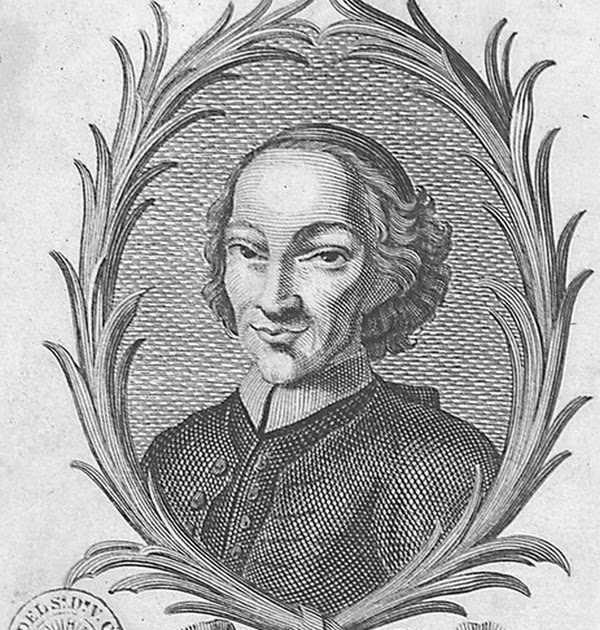Diego Torres Villarroel (Salamanca, 1693 – id., 1770) Spanish writer and poet whose work developed the autobiographical genre as a novelistic form.
His life: Son of a bookseller, he studied Latin grammar with the humanist Don Juan González de Dios. Around the age of fifteen he won in a public competition a scholarship to the Trilingual College, where he continued from 1709 to 1713, with very little intellectual benefit, and devoted much more to the satisfaction of his anarchic instincts. Having abandoned his studies, which would have been essential for his humanistic training, he dedicated himself to readings of all kinds, without any precise plan; Until then, he continued his story of leisure and chaos.
Desiring independence, he escaped to Portugal in 1713, and after posing as a doctor in Coimbra, he performed, consecutively, as a dancer, guitarist, puppeteer and soldier. A deserter, he joined a group of bullfighters and returned with them to his homeland. Once again within the family, he dedicated himself to the study of mathematics and physics, even without an ordered procedure, and composed forecasts or calendars, published annually under the pseudonym “El Gran Piscator Salamanqués”.
In 1715, and to enjoy the positive results of a chaplaincy, he received the subdiaconate. He later worked as an embroiderer in Madrid; Later he acted as an exorcist of spirits and witches, and involved in his entanglements, among many others, the Countess of Arcos, who kept him in her house for a couple of years. He participated in public competitions, was imprisoned, acquitted and appointed vice-rector. And finally, in 1726 he obtained the professorship of mathematics at the Helmantic University. In 1745, at the age of fifty-one, he was ordained a priest. He lived primarily in Salamanca and Madrid, and was protected by the Dukes of Alba, of whom he became manager, and under whose protection he continued until the end of his days.
Literary Work: Torres Villarroel’s work is characterized by his direct and often satirical style, using irony and humor to criticize the society of his time. His autobiographical writings offer a vivid and often critical view of life in 18th-century Spain, showing the corruption, inequalities and vices of contemporary society through the lens of his own personal experiences. His admiration for Francisco de Quevedo was a fact of enormous importance that influenced his literary work and the critical and satirical vision of the society of his time.
Legacy: Diego de Torres Villarroel is remembered as one of the most original and versatile writers of his time, whose work provides a critical and often entertaining portrait of life in 18th-century Spain. His ability to cross genres and disciplines, along with his critical and satirical approach, make him a singular figure in Spanish literature. His influence can be seen in the evolution of autobiographical and picaresque literature in subsequent centuries.
I am hoping that someone will investigate more about this man and writes a play about him. He had a good sense of humor. As an example, he was sent to Paris and Amsterdam by the university to go there and buy books. He came back with world globes. The university asked him about the books and he answered. Give me the register and signed the world globes in as “Big round fat books”.

